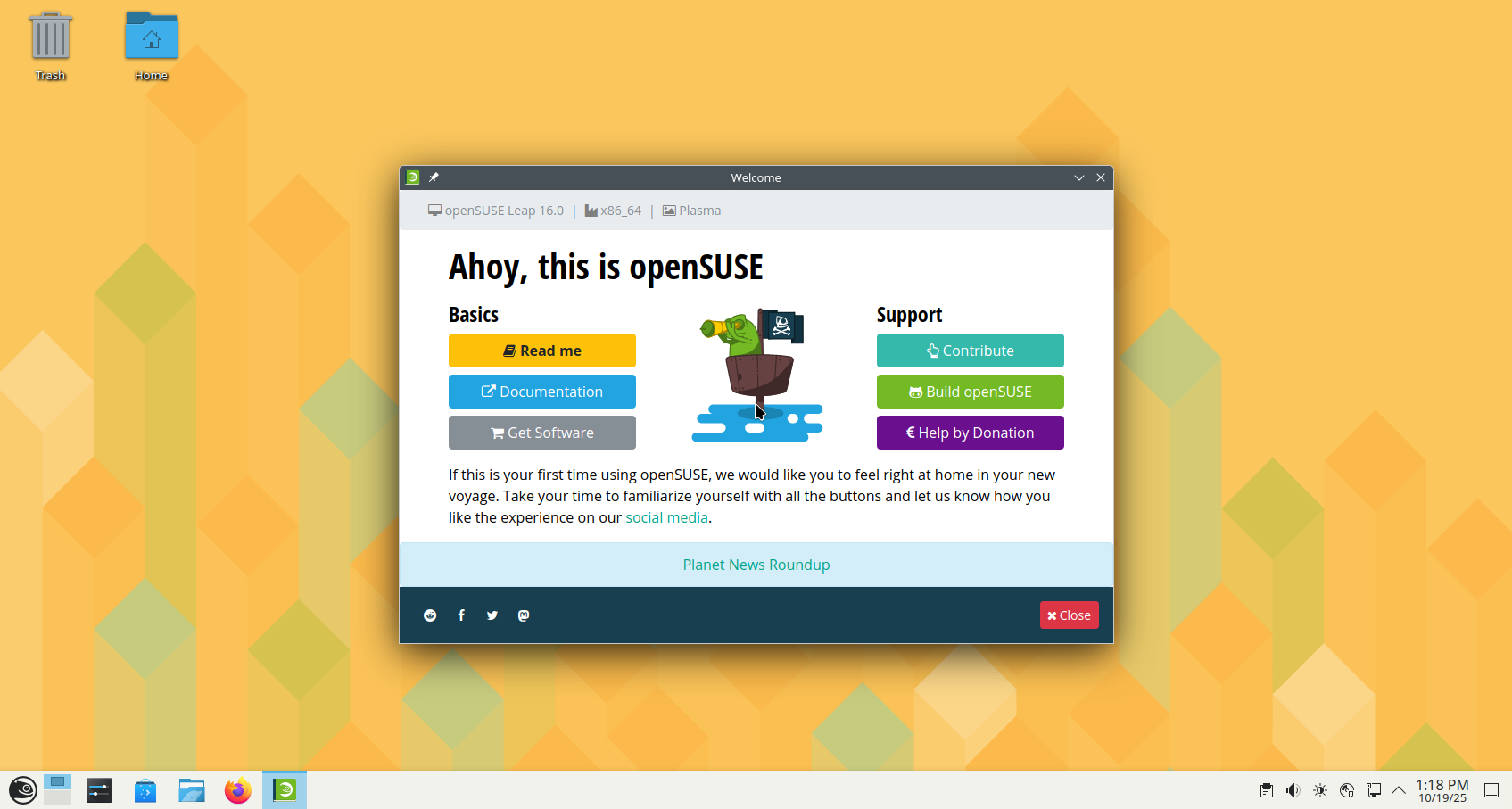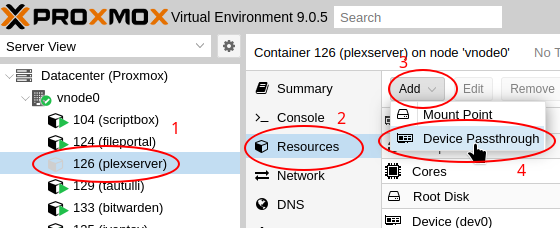Choosing the right Linux distribution can be challenging, especially when comparing Debian vs. Ubuntu. Both have deep roots in the open-source world and cater to different user needs. While Ubuntu is known for its user-friendly approach and enterprise support, Debian remains a top choice for those who prioritize stability, efficiency, and free software principles. This article explores the key differences between Debian vs. Ubuntu in 2025, their philosophies, and which one might be the best fit for your needs.
Debian vs. Ubuntu: Their Origins
Debian
First released in 1993, Debian stands as one of the oldest and most respected Linux distributions. Built around the principles of free and open-source software, it thrives under community-driven development. Many other distributions, including Ubuntu, rely on Debian as their foundation.
Ubuntu
Launched in 2004 by Canonical, Ubuntu aimed to make Linux more accessible. It builds on Debian’s foundation but offers a polished and beginner-friendly experience. Regular updates and strong enterprise support make it a widely adopted choice. Over the years, Ubuntu has played a huge role in spreading Linux and has gained popularity on desktops, servers, and IoT devices.
The Shift in Ubuntu’s Philosophy
Once the go-to distribution for Linux newcomers and professionals, Ubuntu has undergone significant changes. Canonical, its parent company, has made several controversial decisions in recent years. One of the most debated changes is the introduction and enforcement of Snap packages. Unlike traditional package management systems like apt, Snap is a Canonical-controlled format that bundles dependencies with applications. It simplifies software deployment but adds unnecessary overhead, increases startup times, and creates system inconsistencies.
For many users, Snap complicates rather than simplifies Linux usage. Its abstraction layers make troubleshooting harder, and in some cases, it even reduces performance. Additionally, some software once available via apt is now only offered as Snap, limiting user choice. Frustrated by these changes, many long-time Ubuntu users are reconsidering their options.
Debian: Still Raw, Lean, and True to FOSS Principles
Debian, in contrast, remains committed to free and open-source principles. Unlike Ubuntu, which includes extra layers of customization and proprietary elements like Snap, Debian offers a raw and lean experience. Users control what gets installed and how the system is configured, ensuring a cleaner and more efficient setup.
This distribution also provides greater flexibility. Although configuring it initially requires more effort, it rewards users with stability and minimal bloat. By adhering to the Unix philosophy of keeping things simple and modular, Debian ensures a streamlined system. Its extensive repositories provide access to a vast range of free and open-source software, eliminating the need for third-party packaging formats that can hurt performance.
Debian vs. Ubuntu: Which One Should You Choose in 2025?
For those seeking a fast, efficient Linux distribution free of corporate influence, Debian stands out as the better choice in 2025. It serves as a rock-solid foundation for servers, desktops, and embedded systems while giving users full control over software choices without Canonical’s restrictions.
That said, Ubuntu still holds some advantages. Users who need enterprise-level support, long-term support (LTS) releases, or better third-party application compatibility may find Ubuntu more suitable. Companies and organizations that require professional support and streamlined administration tools will continue benefiting from Ubuntu’s ecosystem.
For individuals prioritizing performance, freedom, and a clean Linux experience, Debian remains the superior option. It stays true to Linux principles and provides a reliable system that does exactly what users need, without unnecessary extras.
Final Thoughts
Ubuntu has played a crucial role in making Linux more widespread. However, Canonical’s recent decisions have made it less appealing to users who prioritize performance and freedom. Debian, on the other hand, continues to champion the free and open-source philosophy. With its efficiency and customizable nature, it remains a strong alternative. If you want a Linux distribution that respects user choice and avoids corporate bloat, Debian is the best option in 2025.









Leave a Reply